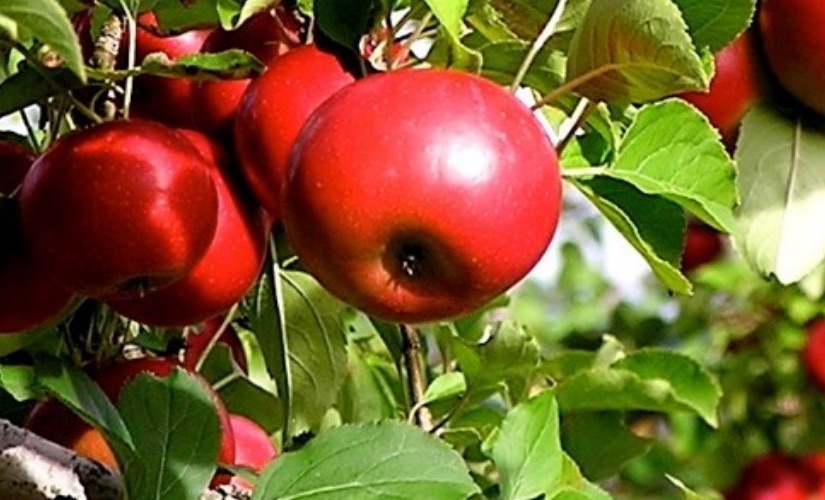#99: Investigating food sustainability: from production and trade to consumption
Is it possible to prepare regional and seasonal vegetarian food with a minimal budget? What is permaculture? Check these and other questions on an interactive website created by GIUZ students.

How to feed the world, a country, or just oneself in a sustainable way? Many questions arise concerning agricultural practices, regionality, changing diets, resource and waste management. We all are both affected by and in part responsible for local and worldwide food resource management – and thus for our lives and the lives of future generations.
Within the frame of the module GEO 838 Selbstorganisiertes Seminar a group of students with a variety of academic backgrounds - from human and physical geography to GIS and remote sensing as well as minor students in diverse humanities - decided to shed light on the factors influencing current and future food sustainability and food security.
The result is a webpage which features a self-experiment and allows for an interactive exploration of the origins of the vegetables and fruits we buy in Zurich's supermarkets. It gives information on the shopping behaviour of different social groups and on permaculture as an alternative agricultural technique and philosophy.
Regional food survey
The survey covered peoples shopping behaviours concerning regionality, seasonality and sustainability in general. Play with the data and explore differences between gender, age or education in shopping behaviour or their relationship to agriculture.
Origin of food
Discover on a world map the origin of fresh produce from four different supermarkets in Zurich in March 2020! Compare different vegetables or different countries and you can see where most products are imported from.
Regional food self-experiment
To cook in the month of March 2020 only with regional and seasonal food and on top of that with a minimal budget: This was the premise of a self-experiment. The page also offers an interactive calendar on growing seasons depending on the region.
Permaculture
For "permanent agriculture", the landscapes considered for production are multifunctional, deliberately designed natural ecosystems with a high plant diversity. We investigated into institutions and projects that practice or support permaculture.
Interactive website on food sustainability in Switzerland and worldwide
| The module GEO 838 Selbstorganisiertes Seminar invites students to direct their learning indepentently and actively. It offers them the opportunity to explore topics in the field of human, political or economic geography which have not been covered in their curriculum so far. The aim is to create a presentable product that brings together the various sub-themes in which the students have specialized. |
Franziska Schmid